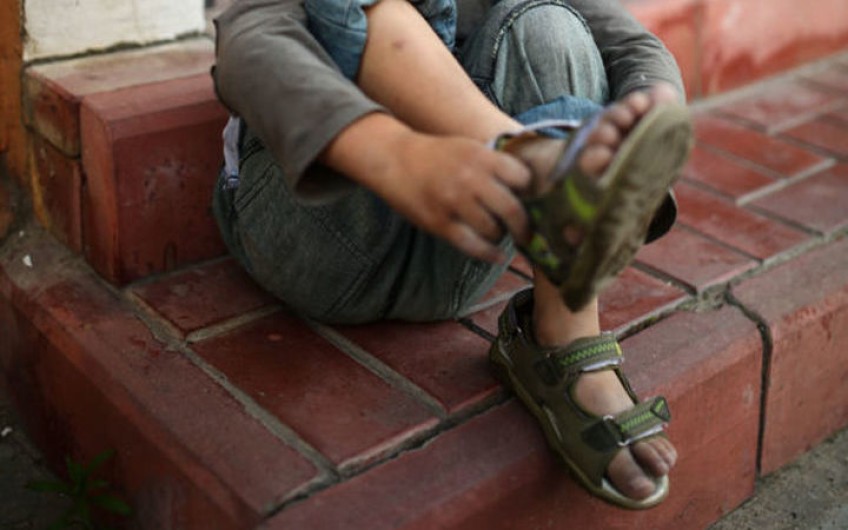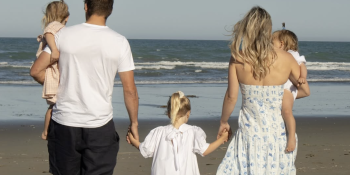Food insecurity, damp homes: One in five children in living poverty - report

One in five children are living in poverty, and the latest Child Poverty Monitor report warns it could get worse if the government doesn't take bolder action in the aftermath of Covid-19.
The report uses the most recent official income and hardship data, which covers the period to June 2019, well before the pandemic hit.
It showed the government was roughly on track to meet its three-year targets for reducing child poverty.
However, the report said child poverty was likely to increase, as more families were plunged into hardship, with parents and caregivers losing their jobs or having their hours reduced due to Covid-19.
The report said the government acted quickly to help those who were hit financially, with a $25 a week increase to benefits, the temporary increase to the winter energy payment, the wage subsidy scheme and the Covid-19 income relief payment.
"These changes no doubt made a difference in the day-to-day lives of low-income families," the report said.
"Unfortunately, these changes are not expected to offset the economic impacts of extended periods in lockdown and global recession. There will be increases in poverty made up of those children in households already in poverty before Covid-19, plus those newly in poverty due to income loss due to Covid-19.
"While much policy consideration is being focused on those moved into poverty due to Covid-19, the much larger group are those already living in poverty."
The pandemic showed that many families were living in precarious circumstances, where there was little or no capacity to absorb sudden changes in income, the report said.
"Transformational change is needed more than ever by providing adequate income support through tax transfers and adequate benefit payment levels."
University of Otago children's health expert Mavis Duncanson said the response to Covid-19 showed transformational change was achievable.
"It's entirely possible, for example, to set family incomes at liveable levels, starting with immediate adequate income support. This is one way to relieve pressure on whānau and give children a real opportunity to thrive."
Children's Commissioner Judge Andrew Becroft said the "tentacles of poverty" reach into every aspect of children's lives.
"About a quarter of children live in damp and sometimes mouldy homes, and children living in areas with the highest levels of deprivation are twice as likely to end up in hospital than children in the least deprived areas," he said.
"Whether Covid-19 worsens outcomes for tamariki depends entirely on how government and all of us respond."
Becroft has called on the government to increase benefits, increase the supply of social housing; ensure rental properties are healthy and affordable; and help families with their immediate needs, by expanding the food in schools programme even further and making doctors visits free for under-18s.






















